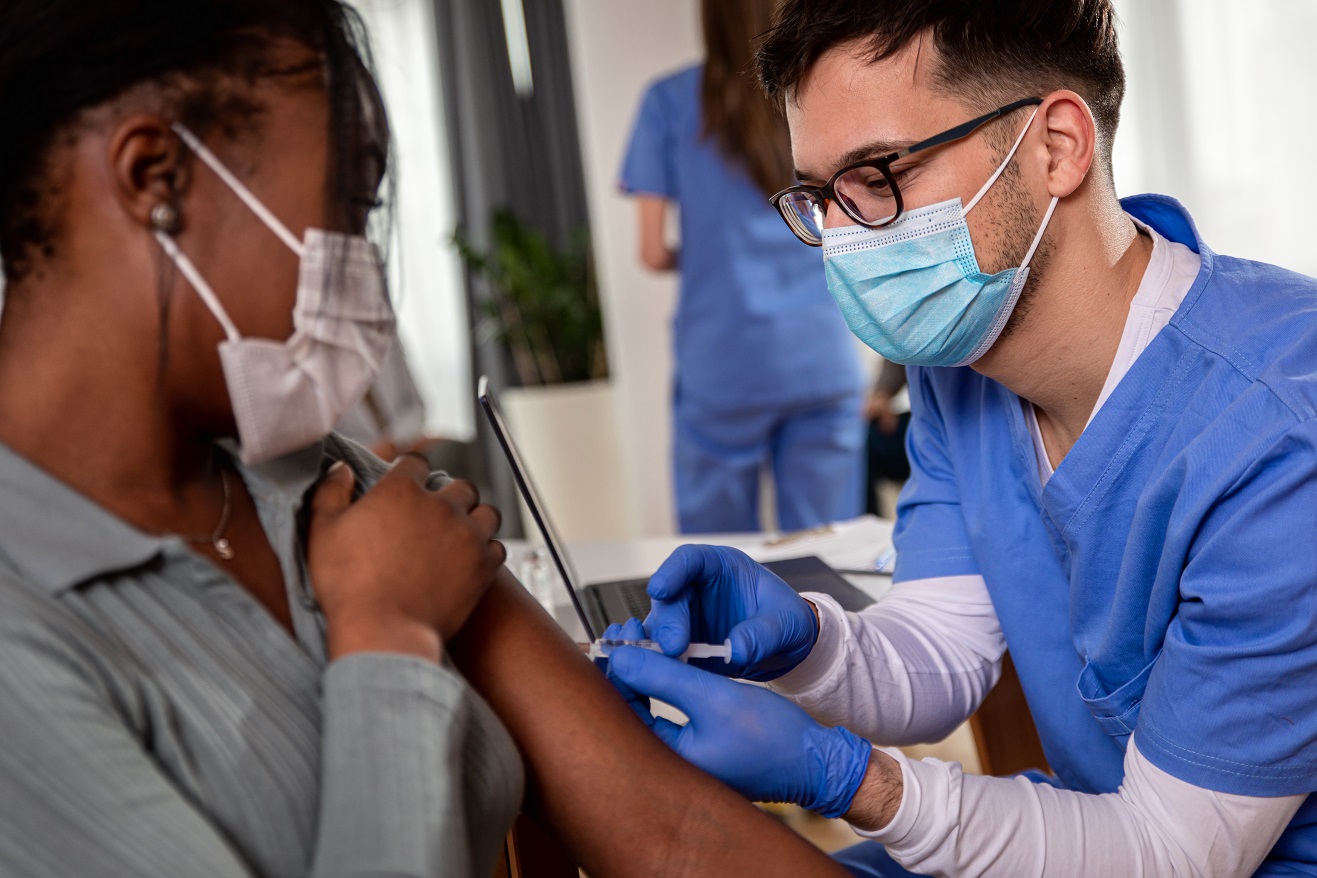Survey Insights: Top 4 Reasons Our Volunteers Join Our Clinical Trials

The responses we received offer a clear picture of the wide range of motivations behind our volunteers’ decisions to participate in clinical trials. These motivations include personal interests, the potential for societal benefit, and other factors that show there’s not just one reason people decide to become medical heroes.
By sharing what we’ve learned, we hope to acknowledge the important contributions of our volunteers and encourage more people to consider participating in clinical research. Understanding why people choose to join these trials helps us create a supportive community for our volunteers, which is key to continuing the progress of medical research and development!
1 – Be a part of medical advancements and support the development of new treatments

They have all the right to feel proud whenever a new milestone is reached by the scientific community – they were a part of this process that will help bring a better and more comfortable life to a considerable part of the population who were waiting for an answer. This is a proud moment to carry for their whole life!
Across all age groups, “Being a part of medical advancements” and “Supporting the Development of New Treatments” emerges as the top reason for participating in clinical research when we look at the data as a whole. Between our Senior population, this motivation is more prominent. 51% of our Senior volunteers consider it their biggest reason to participate, however, between our 18 to 25 years of age volunteers, 32% of them consider it their biggest motivation.
While many might assume that financial compensation is the only incentive for participation—which is indeed significant (see below)—our extensive surveys reveal a different story. The desire to make a difference and have a lasting impact in the medical world for both current and future generations stands out as the strongest motivation among our volunteers!
2 – Financial Compensation
We recognize the importance of fairly compensating our volunteers for their time and dedication to a study. Study participation requires commitment, time management, and occasionally staying overnight at the clinic.
That’s why we prioritize transparent communication about compensation. We ensure our volunteers are fully informed why certain studies pay more or less, payment processes for each study (including any changes, instalment plans, and specific payment dates).
Did you know?
If you refer a friend or family member to a clinical trial and they complete the study, you can become eligible to earn compensation for your referral!
Based on our survey, we’ve found that 30% of our volunteers are motivated by the financial rewards associated with clinical trials.
3 – Curiosity About Clinical Trials
A recent example of the impact of clinical trials on a huge scale is the development of COVID-19 vaccines, which were brought to market in record time thanks to global clinical trials. These trials not only demonstrated the vaccines’ efficacy and safety but also offered a solution to a pandemic affecting millions worldwide. This success story underscores the critical role of clinical research in addressing urgent health crises. Given that reality, it’s completely normal to want to know more about them.

By sharing what we know about clinical trials, we do more than just answer questions; we also encourage more people to take part. When volunteers understand that clinical trials are safe, simple, and well-regulated, they feel more at ease about joining. We help them see the big picture.
The interest in learning more about clinical trials is particularly strong among our younger participants. On average, 12% of those aged 18-34 cite “curiosity” as their main reason for getting involved. In contrast, only 6% of participants over 35 feel the same way.
We encourage those eager to learn more to sign up and speak with our welcoming recruitment team. They’re ready and happy to address any questions you might have about participation in clinical trials!
4 – Family with Medical Conditions
5% of our volunteers mention that their motivation to participate comes from a family history of medical conditions, driving their desire to contribute further.
Personal Journeys: Every Volunteer is Unique

If you want to have an idea of some other reasons volunteers find to participate (some of them are unknown by a big part of participants and non-participants, too!), such as becoming part of a community or even being up-to-date with your medicals, you can find some of them in our article “7 Things Every Clinical Trial Volunteer Should Know”.
While we can group their motivations and find commonalities, the reality is that each volunteer brings their own unique motivations, life stories, and reasons for participating. Looking deeper, it’s clear that every individual’s journey to joining a clinical trial is distinct and personal. At the end of the day, they are all making an immeasurable contribution, and that’s why we name them “medical heroes”!
What Is Your Motivation? Discover Your Path to Making an Impact!

If you’re considering becoming part of this impactful experience, we invite you to take the next step. Click here to register your interest. Once you do, one of our friendly recruiters will reach out to you. They’re here to walk you through everything you need to know about participating in clinical trials, from the process to checking your eligibility, and to answer any questions you might have.
Becoming a part of a clinical trial is a decision that could not only contribute to vital medical discoveries but also potentially enhance your own life. If you’re feeling the pull to participate, know that we’re here to support you every step of the way. Let’s embark on this rewarding journey together.
